Whitmer and MDHHS Announce Extension of COVID-19 Restrictions
Governor Whitmer announces an extension of the current order as COVID-19 cases are on the rise
Photo by State of Michigan
Gov. Gretchen Whitmer speaks at a press conference on Thursday, Nov. 19, 2020.
Updated 8:06 p.m. Dec. 9, 2020
Governor Gretchen Whitmer, along with leadership of the Michigan Department of Health and Human Services (MDHHS), held a press conference Monday afternoon. They announced a 12-day extension of the MDHHS’ current order, along with several updates about how Michigan is faring in terms of COVID-19 cases and deaths.
The order, originally set to expire on Dec. 8 at midnight, is now set to expire on Dec. 20. This 12-day extension is meant to avoid high death counts and to prevent hospitals from being overwhelmed, according to Gov. Whitmer. Whitmer also expressed concern over possible spikes in cases from Thanksgiving-related activities.
Cases statewide have reached 6,000 new cases per day along with 100+ deaths per day, according to Dr. Joneigh Khaldun, the Chief Deputy Director of Health and Human Services. This is seven times what it was in the beginning of September, something Khaldun finds “alarming.” In addition to this, 19 percent of hospital beds are occupied by COVID-19 patients. 79 percent of all beds are occupied statewide. Khaldun also dispelled myths about the dangers vaccines may pose, and encouraged viewers to go to the State’s website for vaccine facts.
During the 12-day extension, the MDHHS will consider three factors as they move forward, according to Director Robert Gordon. The first is percent of beds with COVID-19 patients, a number that the MDHHS wants to see decreasing or staying the same. MDHHS will also look at case rates and percent positivity, and want both numbers to go down. If these numbers are decreasing, restrictions will be eased slowly.
The next step, according to Gordon, is to allow local communities to decide when their high schools will reopen.
Dori Leyko, the ELPS Superintendent, said in an email to Portrait that it is a priority for ELPS to offer in-person instruction. She is planning on proposing a phased approach, which will have younger students returning first along with teachers and support staff who would be willing to return to the building. If there are no orders closing or placing restrictions on schools and the conditions in the area permit it, this in person instruction will begin late January. Leyko wrote that more details will be shared soon.
Leyko acknowledged that providing in-person and remote instruction would be more difficult at the secondary level, especially with some courses being taught by one teacher. With two vaccines set to begin distribution soon, she is hopeful ELPS can return to in-person.
“Hopefully, with a vaccine coming out and available to school employees in the coming months, we will have school staff who will feel safer to teach in person,” Leyko wrote.
When asked about sports, both Gordon and Whitmer said their first priority is opening high schools to get students in classrooms, and Gordon listed indoor contact sports as more risky than outdoor spaced out sports and contact sports.
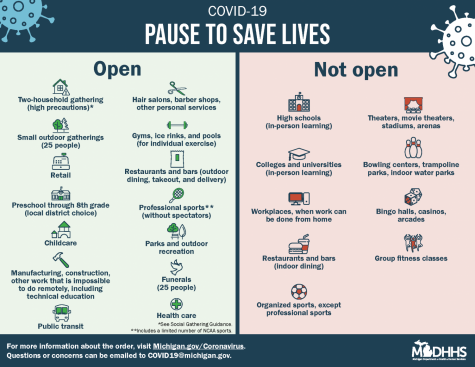
The order, which has suspended sports, will likely cause the Michigan High School Athletics Association (MHSAA) to move the dates for the completion of fall sports. In a press release on Nov. 18, the MHSAA announced it would be moving the start dates for the remainder of the swimming and diving, football and volleyball seasons, with Dec. 15 for football and volleyball and Dec. 22-23 for swimming and diving.
In addition, given that the December holidays are approaching, Whitmer also discouraged people from gathering for Christmas, emphasizing that people must celebrate responsibly, even if the numbers MDHHS is looking at are decreasing.
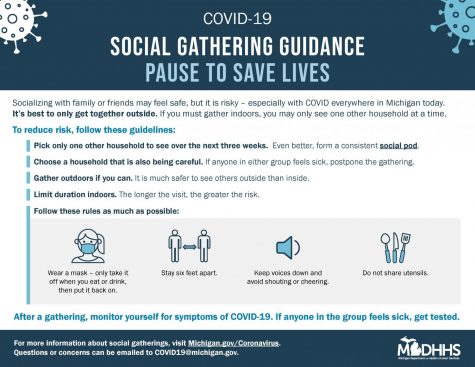
Whitmer and Gordon also encouraged social distancing and mask wearing, especially indoors, and discouraged gatherings between people of different households, indoor gatherings, and gatherings without masks or social distancing. Both mentioned studies that show a correlation between COVID-19 positivity and going to places with in-house services, especially restaurants, where people take off their masks to eat. Frequently-asked-questions about the order can be found on the State’s website, including what qualifies as a face mask and what areas qualify as indoors, and therefore higher risk.
“We all have to be a part of the solution here,” Whitmer said. “Individuals have to do our job, wear masks, keep COVID from spreading. The federal government has a job to do, state government has a job to do, we’ve all got to be in this together.”

Adan Quan is a member of the Class of 2023 and one of the Editors-in-Chief of for Portrait. This is his third year on staff as a senior. He also reports...


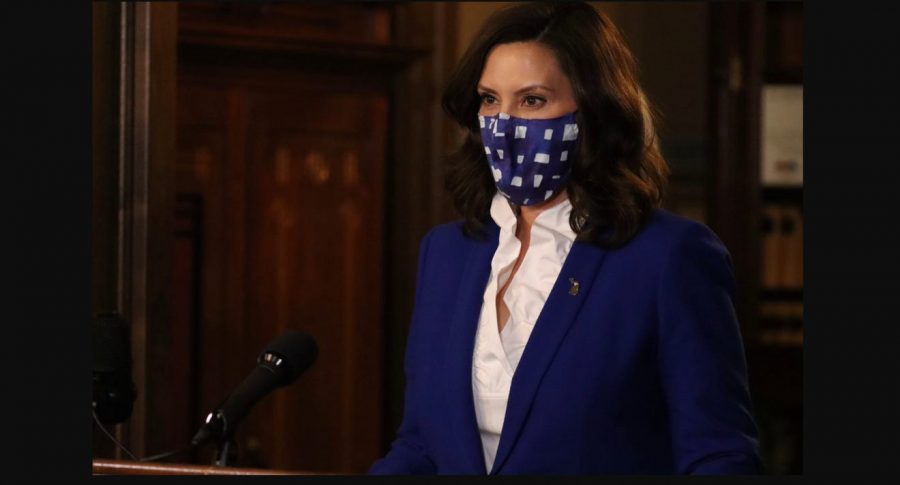
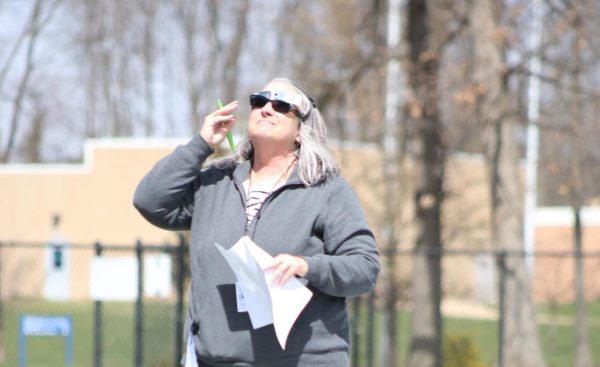
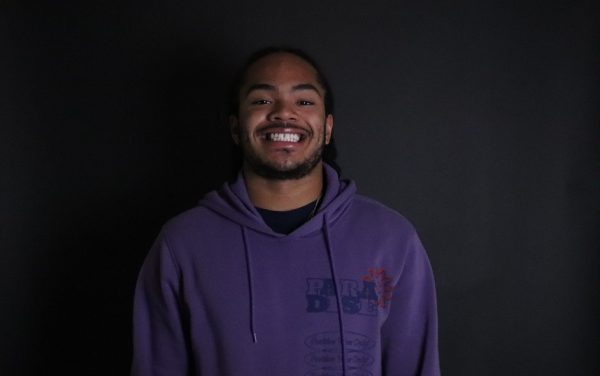
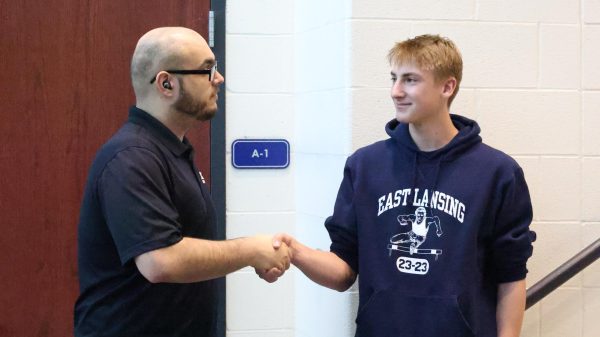

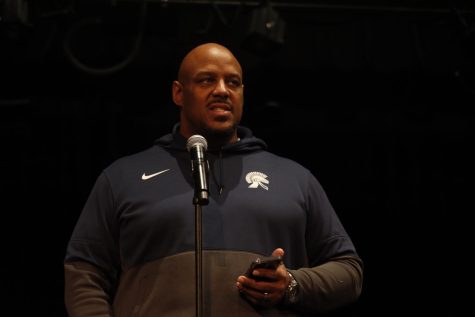
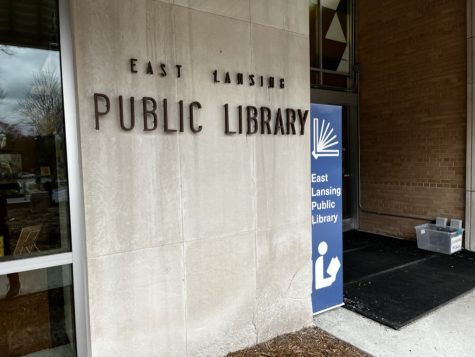
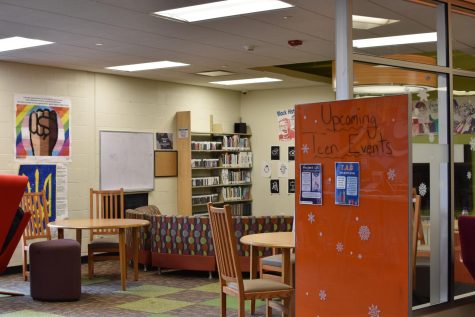
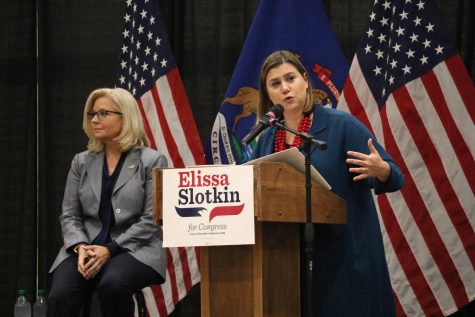
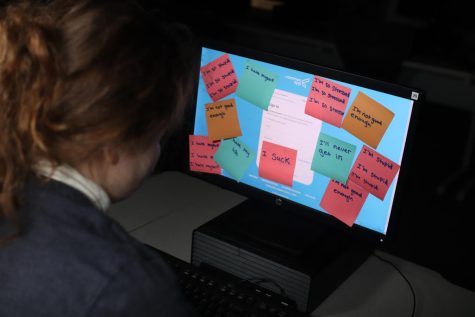
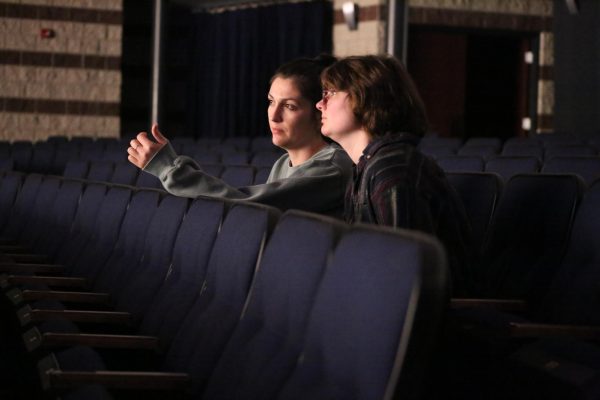
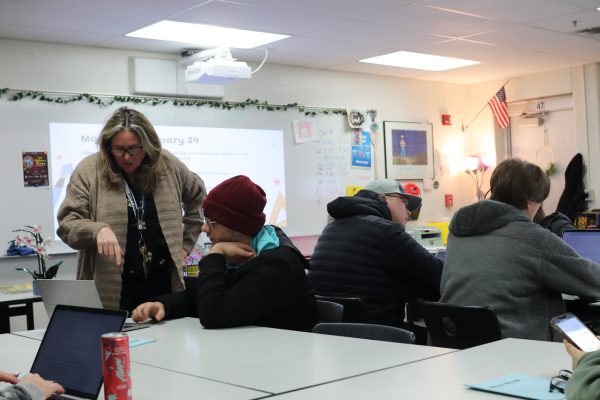
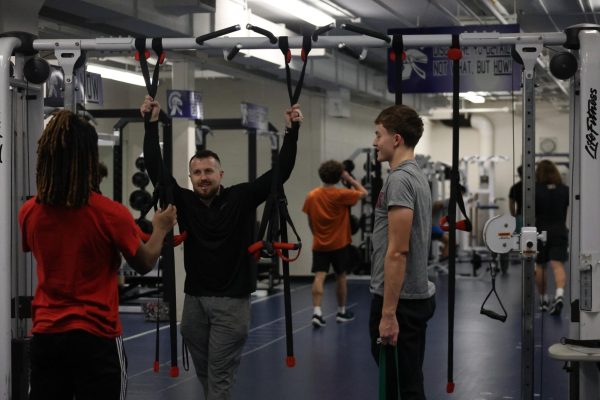
Agniva • Dec 8, 2020 at 4:44 pm
This is so informative, amazingly written!